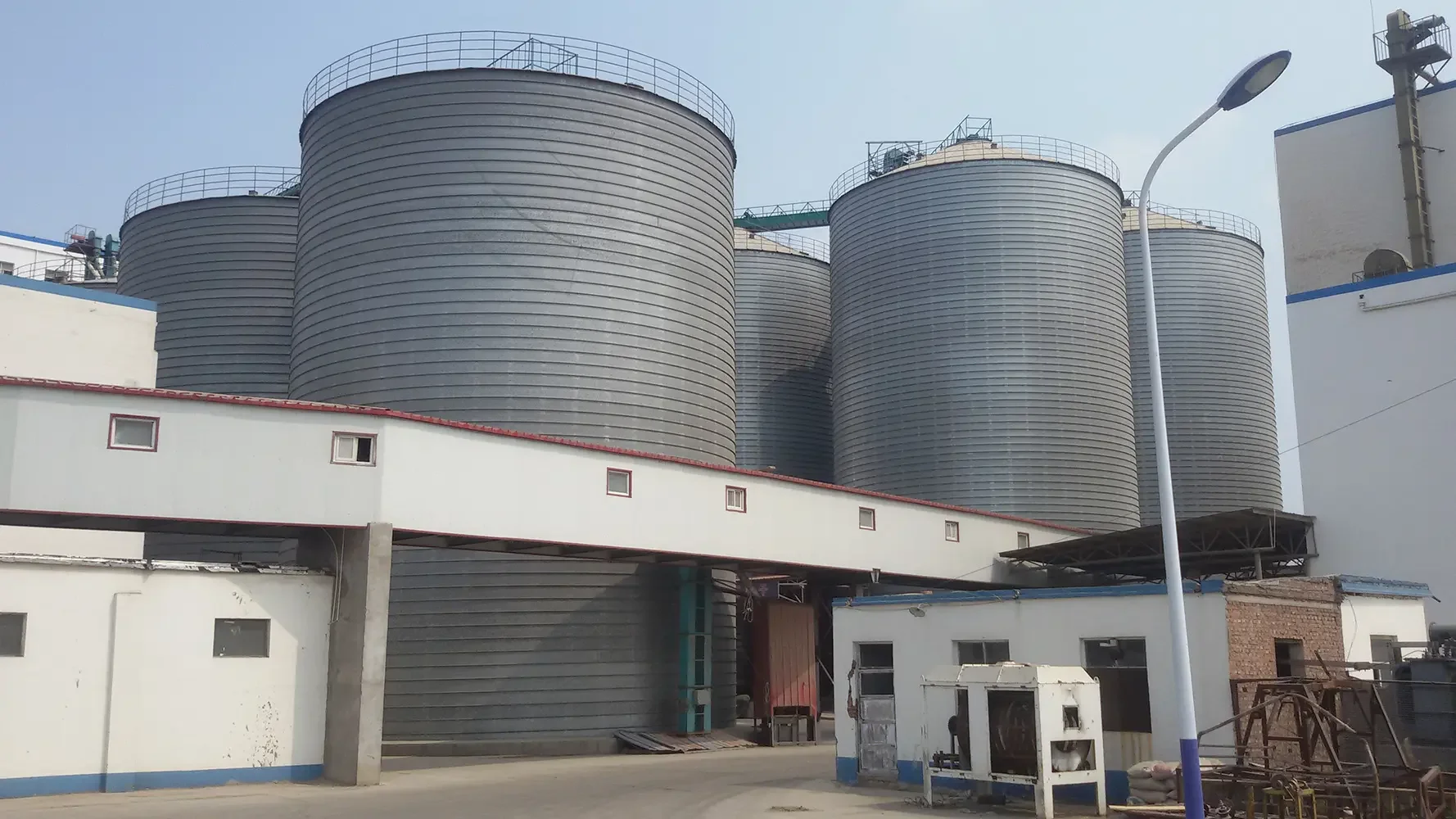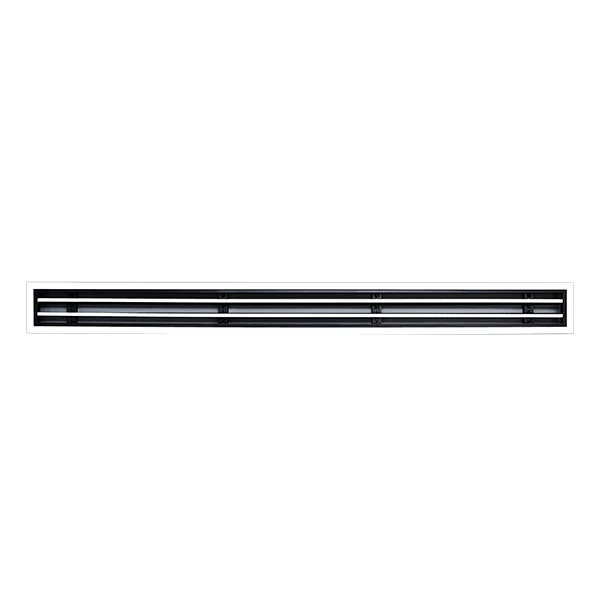When it comes to insulation, whether for residential buildings, industrial applications, or even aerospace engineering, the quest for the best insulator is a topic of considerable interest and importance. Insulation materials play a crucial role in energy efficiency, temperature regulation, and overall comfort. But what exactly is the absolute best insulator? This article delves into the various types of insulation materials, their properties, and applications, ultimately leading to a comprehensive understanding of what constitutes the best insulator.
Understanding Insulation: The Basics
Insulation is a material that resists the flow of heat, sound, or electricity. Its primary function is to minimize energy loss, thereby enhancing efficiency and comfort. Insulators can be categorized based on their thermal, acoustic, or electrical properties. The effectiveness of an insulator is often measured by its R-value, which indicates its resistance to heat flow. The higher the R-value, the better the insulating properties.
Types of Insulation Materials
- Fiberglass Insulation:
- Composition: Made from fine glass fibers, fiberglass insulation is one of the most common types used in residential and commercial buildings.
- Properties: It has a high R-value (typically between R-2.9 to R-3.8 per inch) and is non-combustible.
- Applications: Ideal for walls, attics, and floors, but requires careful installation to avoid air gaps.
- Foam Board Insulation:
- Composition: Rigid panels made from polystyrene, polyisocyanurate, or polyurethane.
- Properties: Offers high insulating values (R-5 to R-8 per inch) and is moisture-resistant.
- Applications: Commonly used in foundation walls, exterior walls, and roofs.
- Spray Foam Insulation:
- Composition: A mixture of isocyanate and polyol resin that expands upon application.
- Properties: Provides an air-tight seal and has an R-value of R-6 to R-7 per inch.
- Applications: Excellent for irregular spaces, attics, and around windows and doors.
- Cellulose Insulation:
- Composition: Made from recycled paper products treated with fire retardants.
- Properties: Has an R-value of R-3.1 to R-3.7 per inch and is environmentally friendly.
- Applications: Typically used in attics and wall cavities.
- Mineral Wool (Rock Wool) Insulation:
- Composition: Made from natural or recycled materials, including basalt rock and slag.
- Properties: Offers excellent fire resistance and soundproofing capabilities, with an R-value of R-3.3 to R-4.2 per inch.
- Applications: Suitable for walls, roofs, and soundproofing applications.
The Quest for the Absolute Best Insulator
While each insulation material has its strengths, the title of absolute best insulator often goes to aerogel.
Aerogel: The Super Insulator
- Composition: Aerogel is a synthetic porous ultralight material derived from a gel, in which the liquid component is replaced with a gas.
- Properties:
- Thermal Conductivity: Aerogel boasts an astonishingly low thermal conductivity of around 0.013 W/m·K, making it one of the best thermal insulators known.
- R-Value: Its R-value can exceed R-10 per inch, significantly outperforming traditional insulation materials.
- Lightweight: Despite its superior insulating properties, aerogel is incredibly lightweight, making it ideal for applications where weight is a concern.
- Applications:
- Aerospace: Used in spacecraft and satellites for thermal protection.
- Building Insulation: Emerging applications in high-performance buildings and retrofitting projects.
- Clothing: Incorporated into high-end outdoor gear for superior thermal insulation without bulk.
Conclusion: Choosing the Right Insulator
While aerogel stands out as the absolute best insulator in terms of thermal performance, the choice of insulation material ultimately depends on specific project requirements, budget, and application. For most residential and commercial applications, materials like fiberglass, foam board, and spray foam offer a balance of performance, cost, and ease of installation.


More Stories
Multi Linear Slot Diffuser Solutions for Contemporary HVAC Design
The Versatility of Fiberglass Woven Cloth in Industrial Applications
Water Based Car Spray Booth Solutions for Automotive Paint Systems